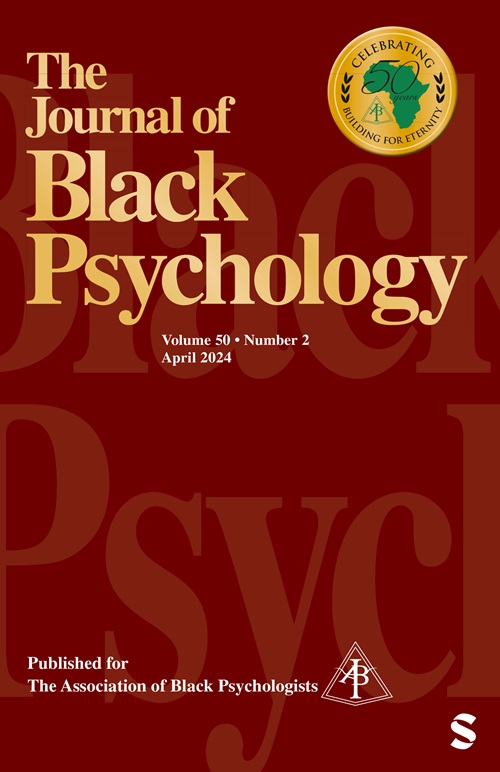彼此相见创建泽乌博纳治疗圈
IF 2.2
3区 心理学
Q2 PSYCHOLOGY, MULTIDISCIPLINARY
引用次数: 0
摘要
2020 年,黑人心理学家协会(ABPsi)提请人们注意美国的种族主义历史,它造成并加剧了现存的医疗种族不平等,从而损害了黑人个人的利益。ABPsi 认识到,仅以西方框架为基础的解决方案无法完全满足黑人的心理健康需求,因此他们通力合作,针对基于种族的隐匿性和创伤的独特经历,制定了具有文化基础的治疗对策。此外,在大流行病期间,非洲裔个体经历了各种大规模的种族创伤,包括广泛宣传的警察暴力浪潮。从 COVID-19 开始,这些相互交织的种族主义大流行阐明了愈合的必要性,特别是具有文化基础的愈合。在与黑人家庭峰会协商后,ABPsi 开展了一项试点调查,即 Sawubona 治疗圈(SHC)倡议,这是一种支持黑人急救人员的具有文化基础的治疗圈。治疗圈采用以非洲为中心的世界观,承认并确认反黑人创伤和压力的特定组合,为他们提供以非洲为中心的治疗方法。本文概述了 SHC 干预的理论、发展、实施和初步评估。本文章由计算机程序翻译,如有差异,请以英文原文为准。
Seeing One Another: The Creation of the Sawubona Healing Circles
In 2020, the Association of Black Psychologists (ABPsi) drew attention to the history of racism in the United States on the creation and exacerbation of extant medical racial inequities to the detriment of Black individuals. Recognizing that solutions based solely in Western frameworks cannot fully address the mental health needs of Black individuals, ABPsi devoted collaborative efforts to develop culturally grounding healing responses for the unique experiences of race-based invisibility and trauma. Additionally, amid the pandemic, individuals of African-descent experienced various mass racial traumas, including a wave of widely publicized police violence. Beginning with COVID-19, these intersecting pandemics of racism elucidated the need for healing, particularly culturally grounding healing. In consultation with the Black Family Summit, ABPsi developed a pilot investigation, the Sawubona Healing Circle (SHC) initiative, which are culturally grounding healing circles to support Black first responders. Using an African-centered worldview, the circles recognize and validate the specific constellation of anti-Black traumas and stressors, equipping them with African-centered healing methods. This paper outlines the theory, development, implementation, and initial evaluation of the SHC intervention.
求助全文
通过发布文献求助,成功后即可免费获取论文全文。
去求助
来源期刊

Journal of Black Psychology
PSYCHOLOGY, MULTIDISCIPLINARY-
CiteScore
8.00
自引率
5.80%
发文量
22
期刊介绍:
The Journal of Black Psychology publishes scholarly contributions within the field of psychology toward the understanding of the experience and behavior of Black populations. This includes reports of empirical research and discussions of the current literature and of original theoretical analyses of data from research studies or programs. Therefore, the Journal publishes work in any of the areas of cognition, personality, social behavior, physiological functioning, child development, education, and clinical application, in addition to empirical research and original theoretical formulations outside traditional boundaries, all integrated by a focus on the domain of Black populations and the objective of scholarly contributions.
 求助内容:
求助内容: 应助结果提醒方式:
应助结果提醒方式:


